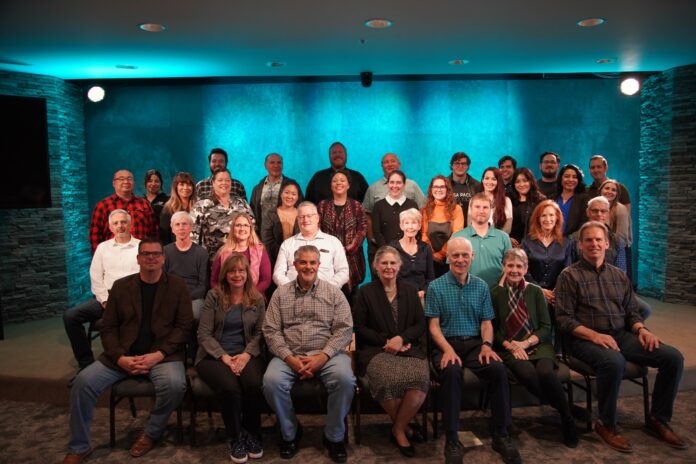Think Again: What Is a Genuine Education?
Learning to think for oneself is one of the most important intellectual duties in life. Truth needs to be pursued and apprehended by each individual person. And one of the great benefits of being made in the image of God (Genesis 1:26–27) is that human beings have been given the faculties to hunt and gather the truth.
As a logic instructor I seldom, if ever, tell someone what to think (i.e., what position to adopt as the conclusion of their argument). Instead, I attempt to assist others in learning how to think (helping to order a person’s thinking according to principles of logic). Logic can be defined as “ordered thought”—that is, thinking and arguing in a manner that is consistent with the laws of logic and the rules of rational inference.
Genuine education is not indoctrination. Rather, authentic learning takes place when the best arguments for and against a position are presented and students are provided with the tools to fairly evaluate those truth-claims. There is a time and a place to advocate one’s position, but teachers have a sacred duty to help their students discover the truth by being as fair and objective as possible. Teachers need to encourage their students to grow in their intellectual maturity so that they can truly think for themselves.
Studying logic and critical thinking is an ideal discipline for pursuing a genuine education because it empowers the learner to know how to evaluate truth-claims. So, again, logic teaches a person how to think instead of what to think. It is similar to the adage of making people self-sufficient by teaching them how to fish rather than giving them a fish. The best education always provides tools for students to become sufficient in facing life questions and challenges.
I am concerned that much of education today, especially in the social sciences, involves little more than indoctrination. I believe the way to successfully battle this ideological stronghold is to teach people to think for themselves. How about you? Are you ready and willing to hone your critical thinking skills so that you can be empowered to tackle truth and make careful judgments for yourself? If so, stay tuned for more articles on logic as we attempt to think again!
See other installments in this series here: Part 1 and Part 2
Resources
- My former podcast, Straight Thinking, contains many episodes given to the topic of logic and critical thinking. It is archived at reasons.org. Specifically, I recommend that you listen to “Ordered Thinking: The Value of Logic.”
- Two chapters in my book A World of Difference are devoted to the subject of logic. Most formal logic texts (even used ones) are very expensive, but RTB sells my book at a very reasonable price. Moreover, the logic chapters are conjoined with a detailed discussion of worldview thinking from the perspective of historic Christianity.






